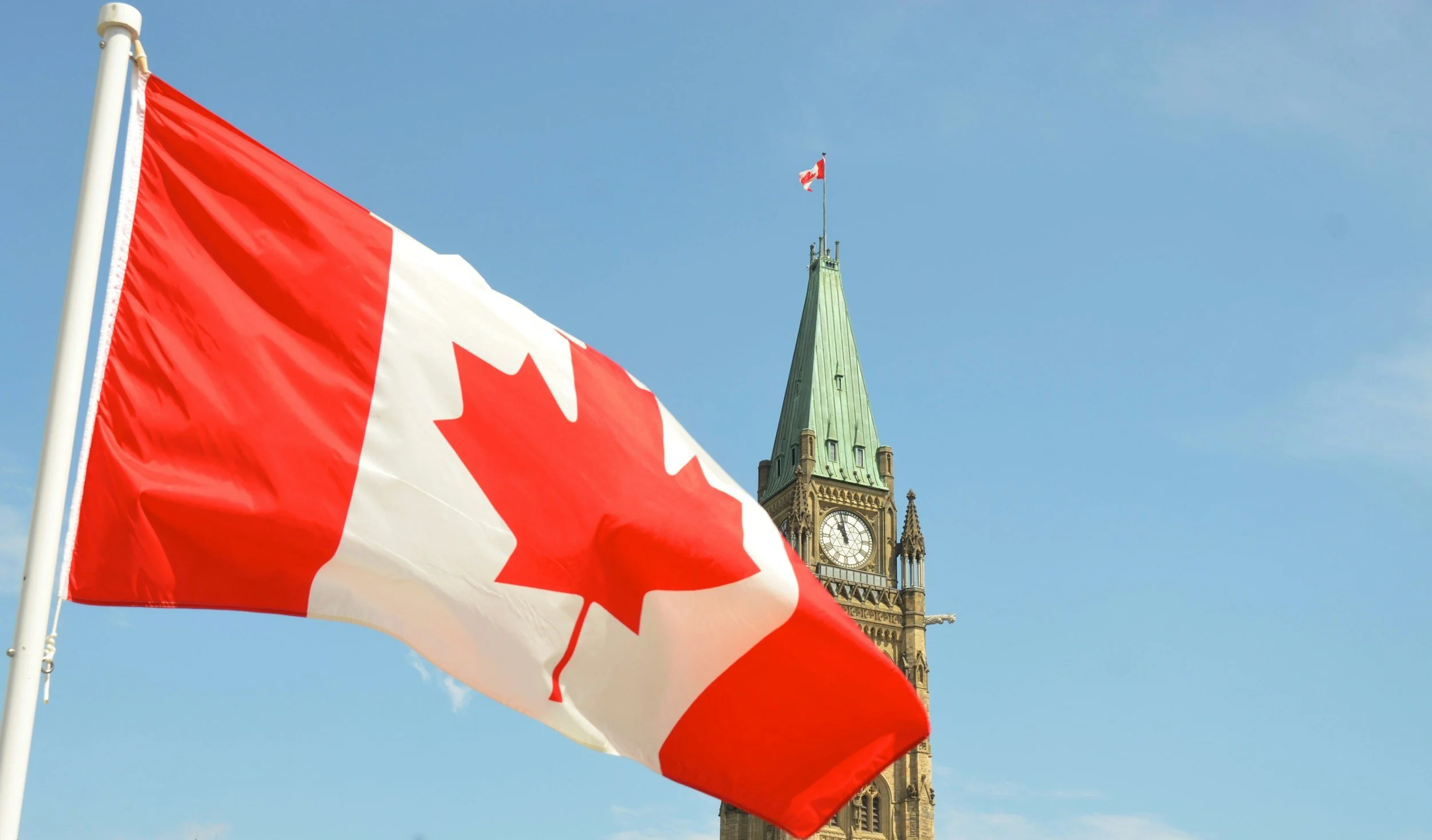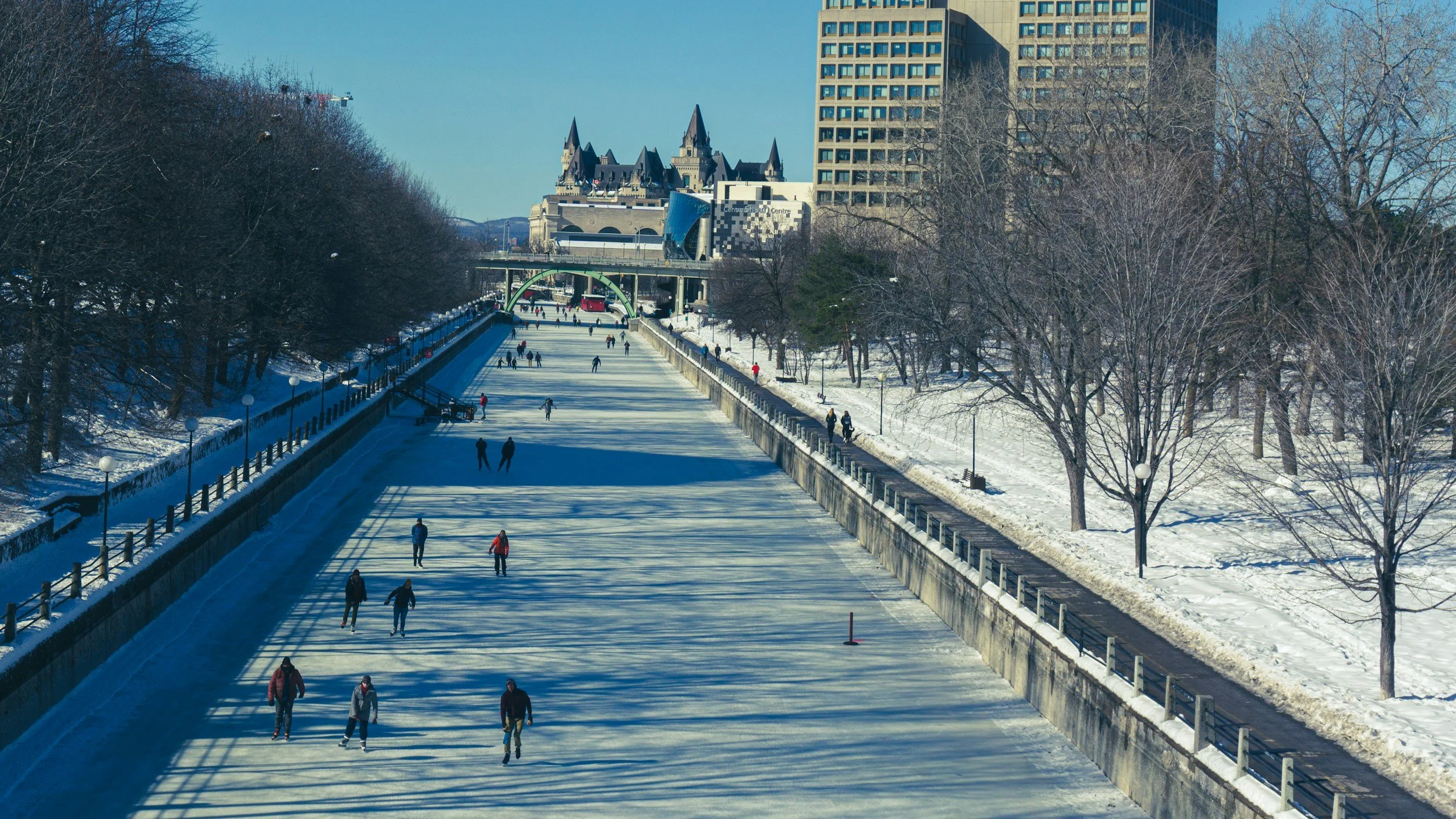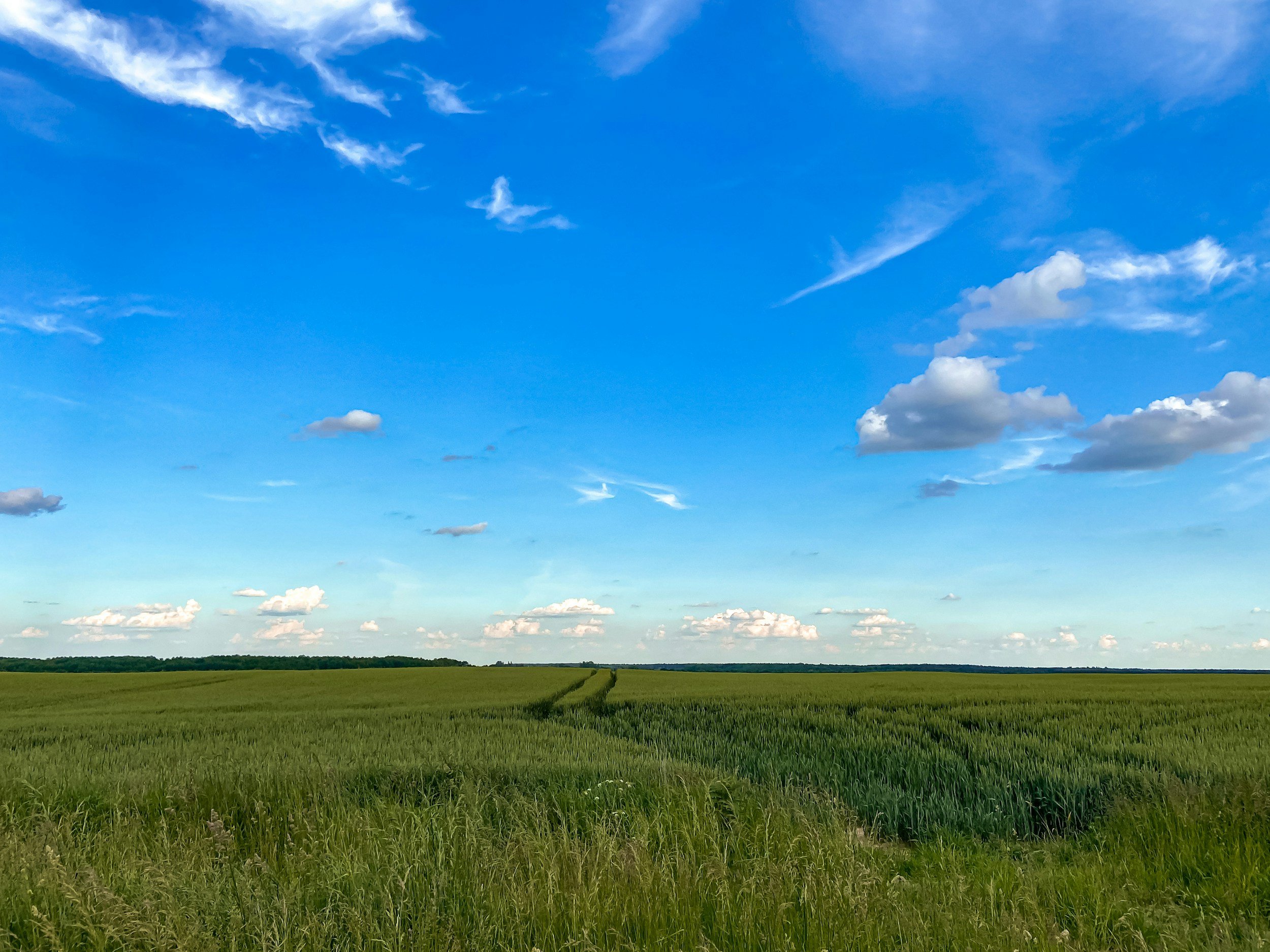Where to Invest in Ottawa Real Estate in 2025: Cash Flow, Rental Yields & Top Neighbourhoods
As Ottawa’s real estate market adjusts to changing interest rates, new zoning policies, and evolving renter demand, investors are faced with a big question: Where can you still find cash-flow-positive real estate in 2025?
The good news? Ottawa remains one of Canada’s most stable housing markets — and for investors who know what to look for, there are still neighbourhoods offering strong rental yields, low vacancy rates, and long-term growth potential.
Here’s a data-backed guide to help you understand what makes a good real estate investment in Ottawa, which areas to watch, and how to navigate the market this year.
What Makes a Good Real Estate Investment?
Before diving into neighbourhoods, let’s break down the key factors that matter most to real estate investors in Ottawa:
Cash Flow: Net rental income after covering your mortgage, taxes, insurance, and maintenance costs.
Rental Yield: The percentage return on a property based on annual rental income versus its purchase price.
Vacancy Rate: Lower vacancy means higher demand — and Ottawa’s is among the lowest in the country.
Appreciation Potential: Areas undergoing redevelopment, transit expansion, or zoning changes are often good bets.
Location Fundamentals: Proximity to transit, schools, hospitals, universities, and job hubs boosts both demand and value.
Ottawa Market Snapshot (Q1 2025)
Understanding the current landscape is key to spotting opportunities. Here's where things stand as of early 2025:
Average residential home price: $728,000
Average condo price: $423,000
Average rent for a 2-bedroom apartment: $2,300/month
City-wide vacancy rate: 1.8% (Source: CMHC 2025)
These numbers suggest high rental demand and constrained supply — especially in central areas and near transit routes.
Cash Flow in Action: Ottawa Investment Property Examples
Let’s look at two real-world investment scenarios to compare cash-flow potential:
✅ Cash Flow Positive – Legal Duplex in Vanier
Purchase Price: $575,000
Monthly Rent (2 units): $3,800
Mortgage (20% down @ 5%): ~$2,400/month
Expenses: ~$600/month
Estimated Monthly Cash Flow: + $800/month
❌ Cash Flow Negative – Condo in Centretown
Purchase Price: $460,000
Rent: $2,100/month
Mortgage: ~$1,920/month
Condo Fees + Expenses: ~$750/month
Estimated Monthly Cash Flow: – $570/month
Key takeaway: Multi-unit properties, especially legal duplexes and single-family homes with basement suites, often outperform condos when it comes to cash flow.
Top Ottawa Neighbourhoods for Real Estate Investment in 2025
Looking for strong rental returns and long-term value? Here are five Ottawa neighbourhoods where the numbers (and the future) make sense:
🏘 Vanier
Average home price: ~$560,000
Rental yield: ~6.5%
Why invest: Proximity to downtown, ongoing gentrification, and high rental demand. New infill homes and trendy cafés are changing the area fast.
🏘 Hintonburg & Mechanicsville
Average home price: ~$730,000
Rental yield: ~5.2%
Why invest: Young professionals and tech workers love the lifestyle here. Walkable to Wellington Street West and minutes to the Tunney’s Pasture LRT station.
🏘 Barrhaven
Average home price: ~$695,000
Rental yield: ~4.8%
Why invest: A growing suburban hub with schools, parks, and access to rapid transit. Attracts long-term renters, especially families.
🏘 Sandy Hill (Near University of Ottawa)
Average condo price: ~$480,000
Rental yield: ~6.0%
Why invest: High student demand makes vacancy rare. Best for investors ready to handle more frequent tenant turnover and potential wear-and-tear.
🏘 Alta Vista
Average home price: ~$790,000
Rental yield: ~4.5%
Why invest: Steady demand from hospital workers and professionals. Close to the new Ottawa Hospital campus under development. Low turnover, stable tenants.
What to Watch: 2025 Investment Trends in Ottawa
Several ongoing developments are shaping Ottawa’s real estate future:
Zoning Reform (R4 Zoning): It’s now easier to legalize secondary units and build multiplexes — particularly in core neighbourhoods. This opens the door to higher rental yields in central areas.
Stage 2 LRT Expansion: New transit hubs mean rising property values nearby. Look for areas like New Edinburgh, Lincoln Fields, and South Keys.
Interest Rate Shifts: While rates remain high, experts predict gradual decreases. Focus on value-add properties you can upgrade or reconfigure for better returns. At this point, we don't know if we will have gradual decreases so just change it to "Future rate decisions will impact the market"
Short-Term Rental Restrictions: Stay up to date with Airbnb regulations — some zones now limit or restrict short-term rentals.
Final Thoughts
Not every property in Ottawa will cash flow in 2025 — especially condos with high fees or homes in overvalued markets. But opportunities absolutely exist, particularly for those willing to explore emerging neighbourhoods and apply value-add strategies.
Focus on:
Cash flow over speculation
Legal duplexes or basement suites
Proximity to transit, schools, or major employers
Areas with ongoing development or zoning changes
Thinking About Investing in Ottawa Real Estate?
Whether you're a first-time investor or growing your portfolio, the right strategy matters. If you’re looking for tailored advice, market insights, or help running the numbers — reach out. We live here, we invest here, and we know how to spot the deals that work.
Client Testimonial
"Vineet assisted us with our purchase of a new property. He's professional, knowledgeable, and committed. His valuable insights on the local market paired with his overall expertise made every step of the purchase process smooth and seamless!" — V.A.
Vineet Kauden
vineet@newpurveyors.com






























